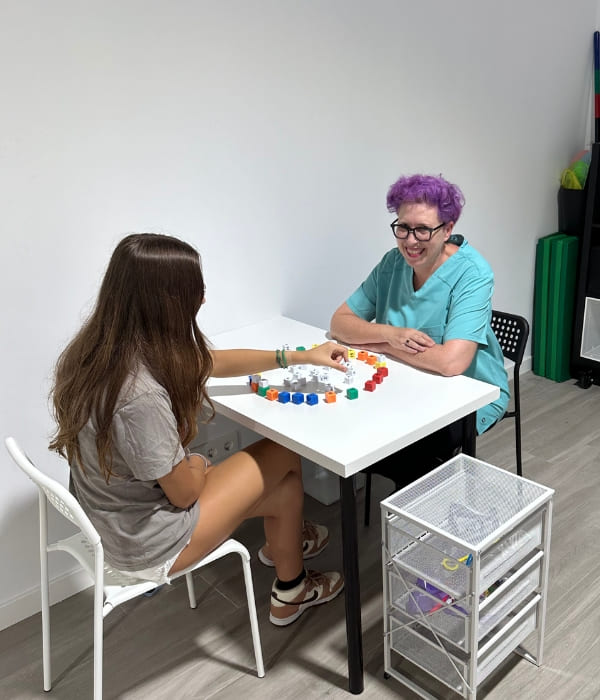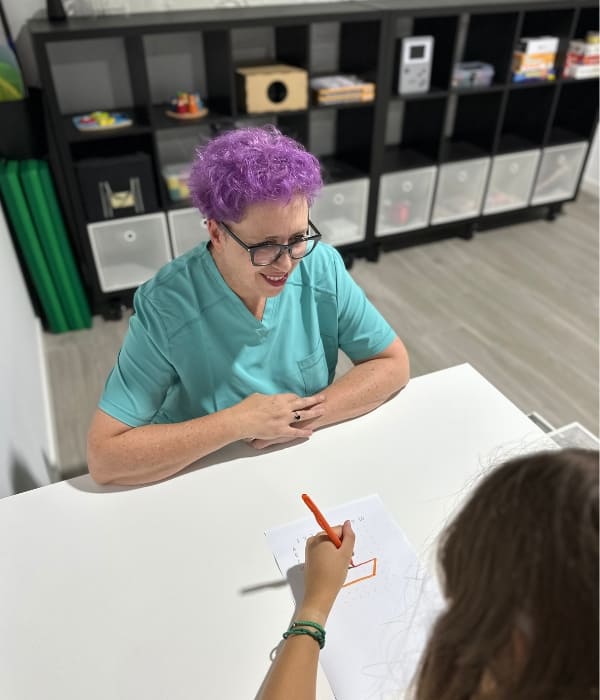Vision and school performance
Academic success depends not only on a student’s intellectual ability and dedication, but also on the quality of his or her vision. Poor vision can significantly affect school performance, as much of learning is based on reading, writing and other activities that require good visual coordination.
Problems such as difficulty focusing, blurred vision, eye fatigue, and visual perception problems may go unnoticed, but they directly impact a child’s ability to learn and function in the classroom.


Most common problems
Children with school performance problems often have undetected visual problems. Among the most common are:
- Difficulty reading: Children may get lost in the line of text, skip words or read slowly, affecting their reading comprehension.
- Blurred or double vision: Problems seeing the board or textbooks clearly, both near and far.
- Focusing problems: Difficulty switching focus quickly between the notebook and the board, which can slow down class work.
- Eye fatigue and headaches: Visual discomfort that may lead the child to avoid schoolwork that requires prolonged visual effort.
- Eye-hand coordination problems: Difficulty in activities that require visual and motor precision, such as writing, drawing or cutting.
